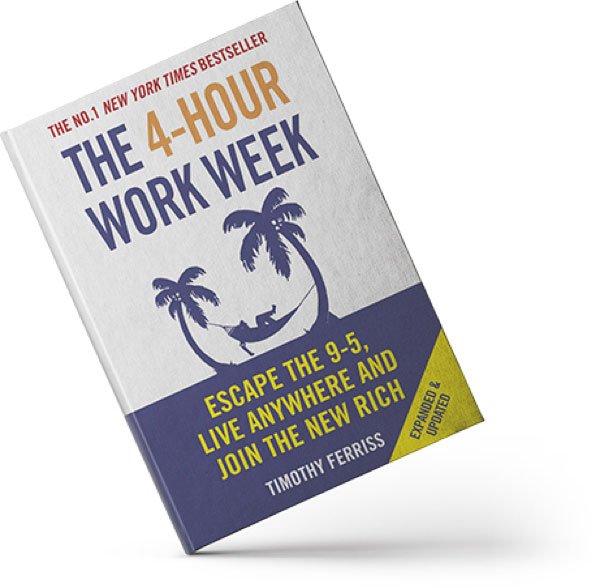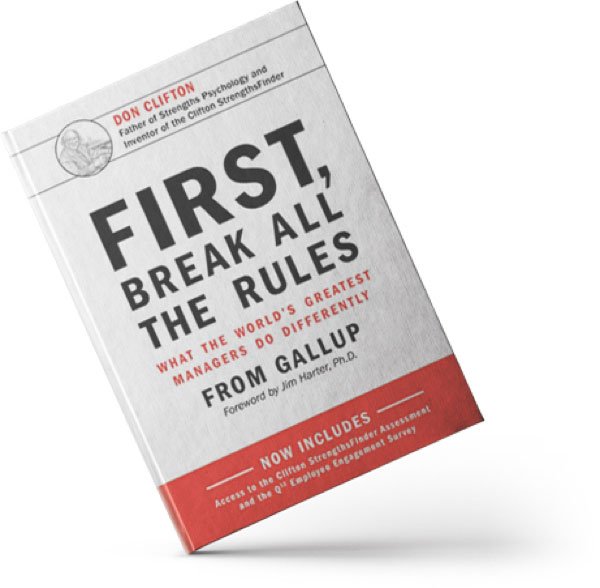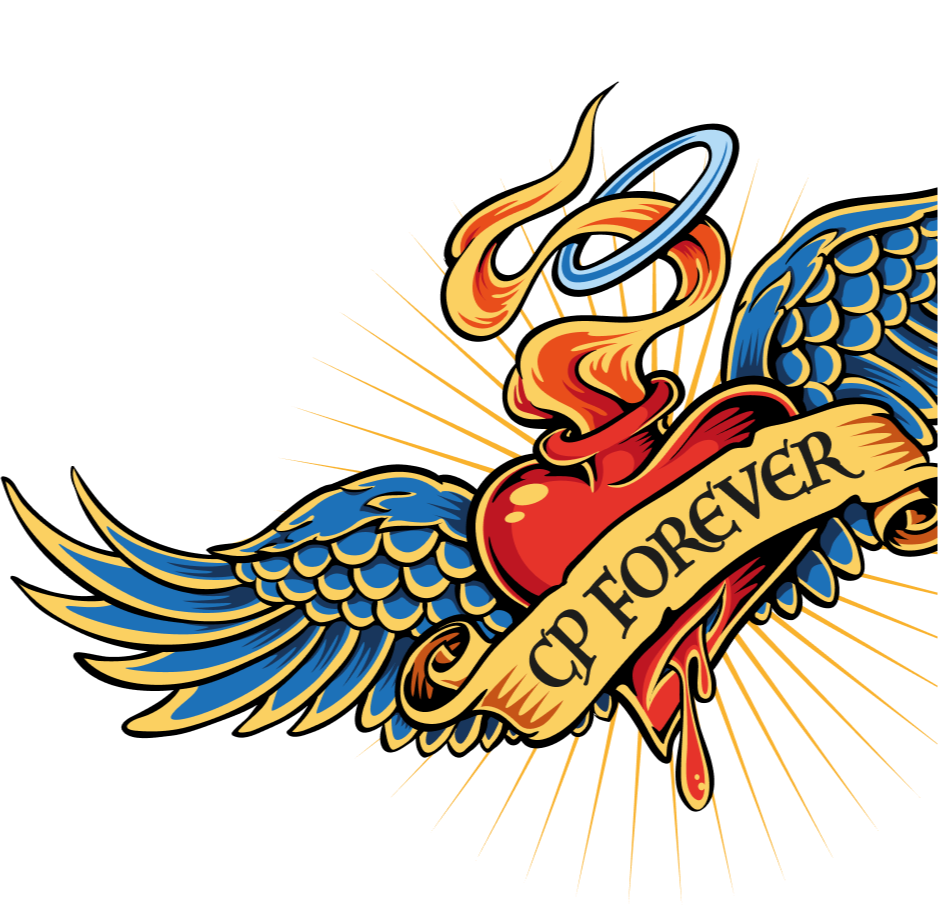Welcome to the latest edition of our regular business update on all matters VAT.
In this June edition, we cover:
- Time to pay arrangement for VAT
- Domestic reverse charge in the construction industry
- VAT liability of small business grant funding or Retail, Hospitality and Leisure grant fund
- Partial exemption method for hire purchase businesses
- Brexit: customs controls phased in from 1 January 2021
- Pay less Customs Duty and VAT if you are importing capital items into the UK from overseas
- Update on Making Tax Digital for VAT.
TIME TO PAY ARRANGEMENTS FOR VAT AND OTHER MEASURES TO SUPPORT BUSINESSES WITH THEIR VAT LIABILITIES
Relevant to: All VAT registered businesses that are anticipating financial hardship.
The Covid-19 VAT payment deferral is coming to an end on the 30th June, and based on current
announcements, don’t anticipate it will be extended. If you think you may struggle to pay your next VAT payment, HMRC may consider on a case by case basis other measures to support your business. These measures can include time to pay arrangements, a temporary suspension of the monthly payment on account regime or seasonal adjustment of VAT return stagger periods, or delaying the payment of import VAT and customs duties.
How we can help: We can support with analysing the best options for you and support your conversations with HMRC.
FURTHER DELAY TO IMPLEMENTATION OF THE VAT DOMESTIC REVERSE CHARGE IN THE CONSTRUCTION INDUSTRY
Relevant to: Any VAT registered persons that trades with or within the construction sector.
HMRC has announced that the domestic reverse charge VAT for construction services will be delayed until 1 March 2021. This was previously planned for 1 October 2020, (having already been pushed back from October 2019) so businesses have another 5 months to plan for its implementation.
Spring 2021 is shaping up to be a very busy period for indirect tax compliance… Brexit, MTD, settling VAT liabilities that had been deferred under the Covid-19 VAT deferral scheme and now the domestic reverse charge for construction services.
How we can help: We can provide further clarity on what the domestic reverse charge means and how to get the correct procedures and systems in place in advance of this scheme coming into force.
VAT LIABILITY OF SMALL BUSINESS GRANT FUND OR RETAIL, HOSPITALITY AND LEISURE GRANT FUND
Relevant to: Any businesses that have received either the Small Business Grant Fund or the Retail,
Hospitality and Leisure Grant Fund.
As part of reliefs given out to help with businesses during Covid-19, in April 2020 the Department of
Business, Energy and Industrial Strategy announced two grant funding schemes for businesses: the Small Business Grant Fund; and the Retail, Hospitality and Leisure Grant Fund.
For VAT purposes, as the grants are given without an expectation of anything in return and comply with state aid requirements, they are not classed as consideration for a supply and are not subject to output VAT.
The fact that no output VAT is charged upon receipt of the grant funding does not automatically mean that this leads to a block on recovery of input tax. Each grant-funded activity should be reviewed separately to consider whether or not the grant is used for business activities. Where grants are received to support business activities, the normal input VAT rules apply.
How we can help: We can support your business by giving clarity on whether or not you can or cannot reclaim all of your input VAT in relation to the supplies provided by the grant funding.
PARTIAL EXEMPTION METHOD FOR SUPPLIERS OF GOODS ON HIRE PURCHASE
Relevant to: Businesses who supply goods by way of hire purchase agreements.
Following on from a 2018 case at the Court of Justice of the European Union (CJEU) involving Volkswagen Financial Services (UK) Limited, HMRC has announced a change to partial exemption VAT treatment for businesses who supply goods by way of hire purchase (HP) arrangements. Where goods are supplied on HP, there is a credit element within the overall supply provided to customers, with this credit element being an exempt supply for VAT purposes. Due to this exempt element the total supply made to customers is a mixed supply for VAT purposes, which means that VAT costs incurred by the supplier in relation to the mixed supply will have an element of non-recoverable input VAT.
HMRC have announced that when a business is supplying goods on HP, input VAT recovery on its residual overheads can be recovered where it is fair and reasonable, and has proposed an example partial exemption method to address the recovery of such costs. However, this example method is not compulsory and businesses can continue to apply any fair and reasonable partial exemption method agreed with HMRC.
How we can help: We can help with calculating the appropriate partial exemption method to maximise the amount of VAT recovery.
BREXIT CUSTOMS CONTROLS PHASED IN FROM 1 JANUARY 2021
Relevant to: Businesses who trade with the EU.
The Government has announced that the UK has formally notified the EU that it will not accept or seek any extension to the transition period. This means that from 1 January 2021 the UK will introduce its own approach to goods imported into the UK from the EU. Therefore, from 1 January 2021 new border controls will be introduced in three stages up until 1 July 2021.
From January 2021: Traders importing standard goods, covering everything from clothes to electronics, will need to prepare for basic customs requirements, such as keeping sufficient records of imported goods, and will have up to six months to complete customs declarations. While tariffs will need to be paid on all imports, payments can be deferred until the customs declaration has been made. There will be checks on controlled goods such as alcohol and tobacco. Businesses will also need to consider how they account for VAT on imported goods. There will also be physical checks at the point of destination or other approved premises on all high-risk live animals and plants.
From April 2021: All products of animal origin (POAO) – for example meat, pet food, honey, milk, oregg products – and all regulated plants and plant products will also require pre-notification and the
relevant health documentation.
From July 2021: Traders moving all goods will have to make declarations at the point of importation and pay relevant tariffs. Full Safety and Security declarations will be required, while there will be an increase in physical checks and the taking of samples for sanitary and phytosanitary commodities. Checks for animals, plants and their products will now take place at GB Border Control Posts.
How we can help: We can support your business to ensure you are ready and understand your obligations for trading with the EU as these new border controls come into force.
PAY LESS CUSTOMS DUTY AND VAT IF YOU ARE IMPORTING CAPITAL ITEMS INTO THE UK FROM OVERSEAS
Relevant to: Overseas businesses (companies, self employed and not for profit organisations) who are moving their business to the UK from overseas and carrying on a similar activity in the UK.
If you are transferring a business to the UK (where that business has stopped overseas and an activity of a similar nature will be carried out in the UK), you can get relief from customs duty and VAT (if certain conditions are met) on capital items and other equipment such as office or shop equipment, computer equipment or means of transport used for the purposes of production or for providing a service.
How we can help: We can review whether the conditions are satisfied and how to claim the relief.
UPDATE ON MAKING TAX DIGITAL FOR VAT
Relevant to: All UK VAT registered businesses.
As you are probably aware, HMRC announced that the soft landing period for Making Tax Digital (MTD) for VAT has been extended until April 2021. This means that all VAT registered businesses will have more time to put in place digital links between all parts of their functional compatible software.
On a recent MTD seminar, HMRC were keen to stress that although the soft landing had been extended, the need to be compliant still applies and taxpayers should continue to prepare. They mentioned that 15% of taxpayers who are required to use MTD are still not registered.
CIOT (the tax professional body), continue to request that where it is not possible to put a digital link in place, HMRC should consider whether additional controls can be inserted to achieve additional reassurance (similar to additional conditions imposed by HMRC when a taxpayer has had a penalty applied).
For now though, businesses are advised to review their VAT return processes (especially in relation to the use of spreadsheets and the consolidation of data) to ensure that their processes are digitally linked and they are compliant ahead of next spring’s deadline. Where this isn’t possible, early conversations with advisors and HMRC should take place.
How we can help: We can support your business to ensure you have the correct processes and
procedures in place for the period post the soft-landing phase.
THAT’S A WRAP FOR JUNE























